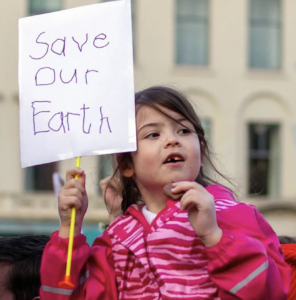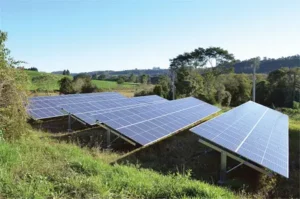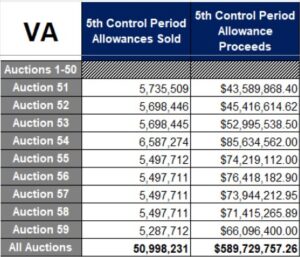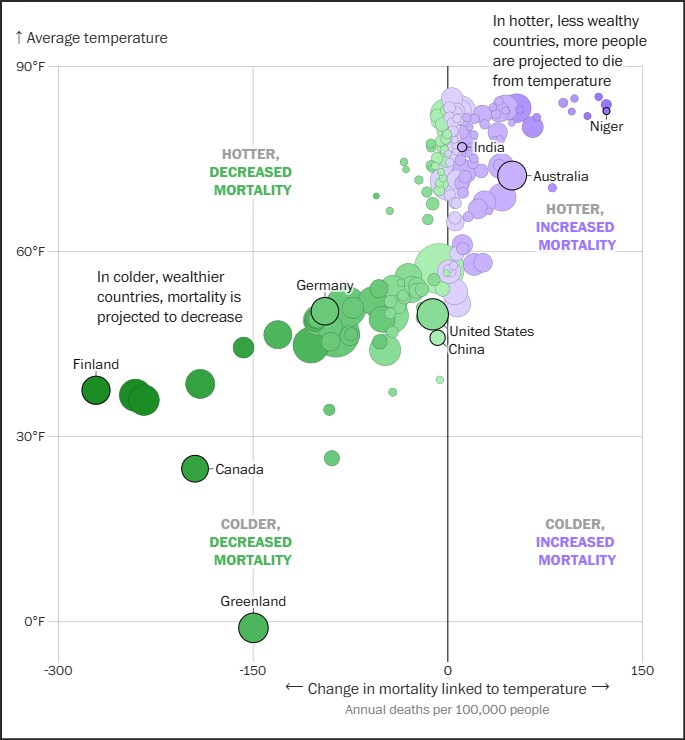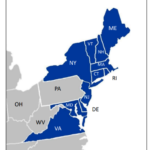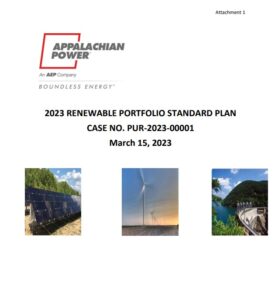
Cover for the 2023 update of Appalachian Power Company’s plan to comply with the Virginia Clean Economy Act (VCEA) in coming decades.
by Steve Haner
Appalachian Power Company (APCO), serving Western Virginia, has now filed its annual update on Virginia Clean Economy Act compliance, including long term bill impact estimates. As the State Corporation Commission begins its review process, here are some highlights:
- The projected increases in electric bills are little changed and perhaps a bit lower than those reported a year ago. The cost for 1,000 kilowatt hours to power a home for a month was $117.09 in 2020; using the compliance plan the company prefers, it is projected to be $172.12 in 2030 (up 55%) and $193.29 (up 65%) in 2035.
- Despite all the political discussion about Virginia turning to the new, smaller nuclear reactor technology (so-called small modular reactors, or SMRs), they don’t turn up in APCO’s development plan as even an option for a long time, perhaps in 2040 when its major West Virginia coal plants will retire. Dominion Energy Virginia’s preferred VCEA compliance plan also didn’t turn to SMRs in the short term.
- Energy demand projections within Appalachian’s territory are negative, going down. Over the next 15‐year period (2023‐2037), its service territory is expected to see population decline at 0.3% per year and non‐farm employment growth of ‐0.1% per year. It projects its customer count to decline by 0.1% over this period. Internal energy requirements and peak demand are expected to decline by 0.4% per year through 2037.


